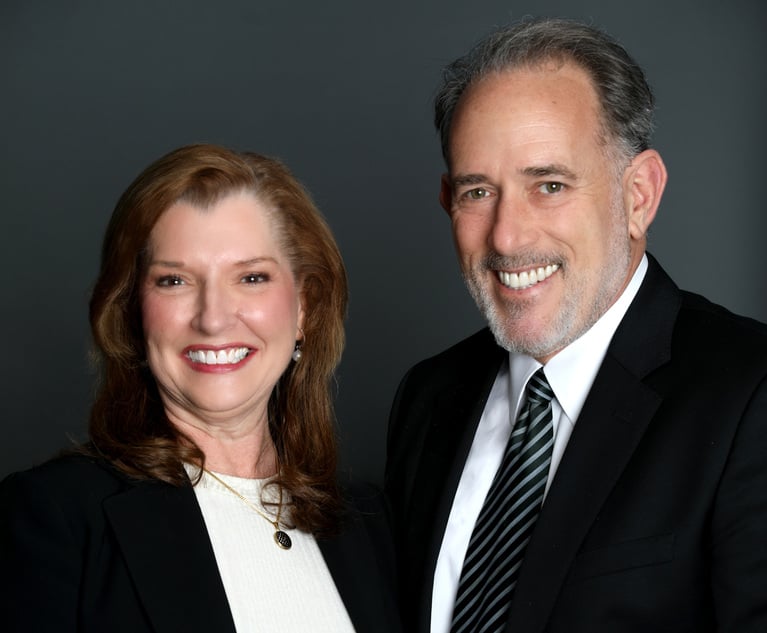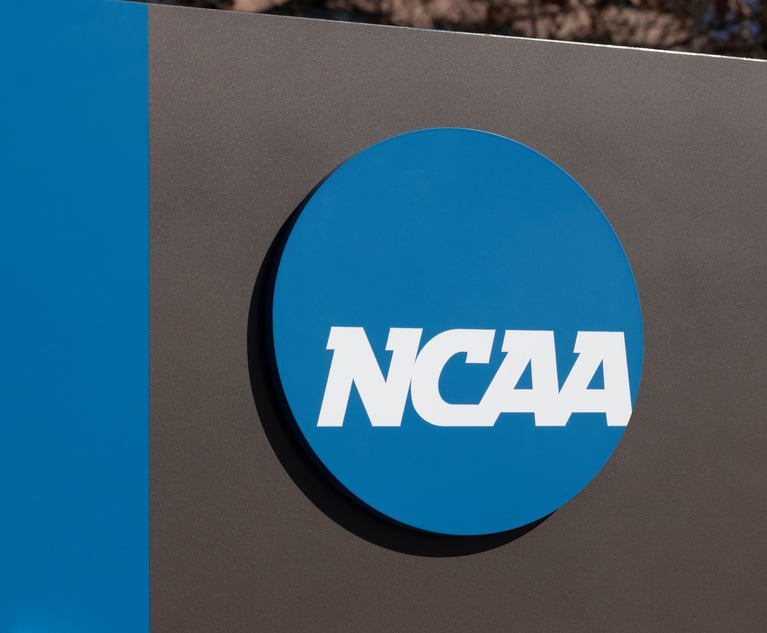Welcome to Critical Mass, Law.com’s weekly briefing on class actions and mass torts. First, we look at whether class actions are finally coming to Europe. Also, why Monsanto has some major misgivings about an upcoming Roundup trial. And the AAJ fires back at “Judicial Hellholes” with its own report of this year’s “worst corporate conduct.”
Send your feedback to [email protected], or find me on Twitter: @abronstadlaw.









